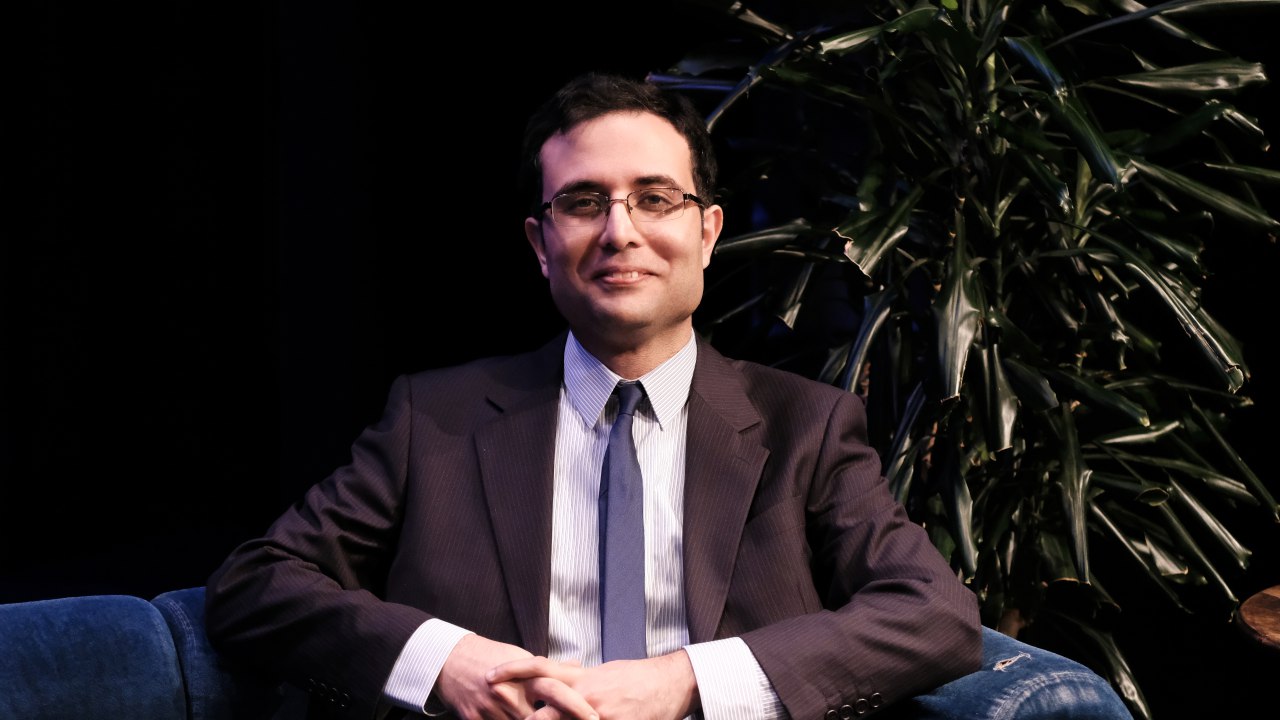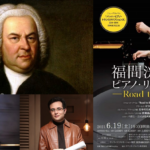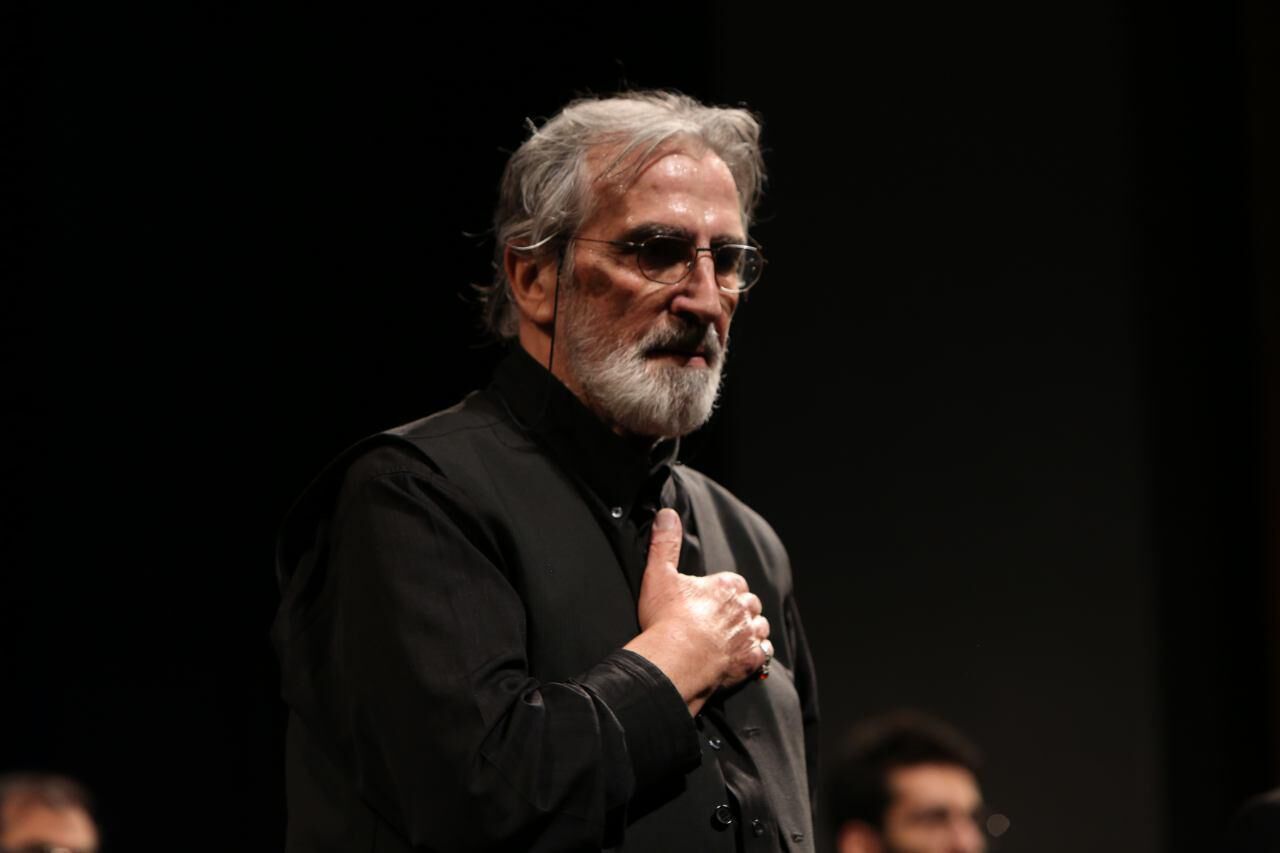
Born in Isfahan, Iran, and based in the UK, Farhad Poupel’s music has been performed and will be performed in numerous prestigious concert halls and festivals throughout the world including Suntory Hall in Tokyo, Japan; La Roque-d’Anthéron Piano Festival, La Roque-d’Anthéron, France; Biarritz Festival, Biarritz, France; Stoller Hall, Manchester, UK; Janacek academy of music and performing art, Brno, Czech Republic; Karlskrona International Piano Festival, Karlskrona, Sweden; by distinguished artists such as Kotaro Fukuma, Peter Jablonski, Daniel Grimwood, Margaret Fingerhut, Catherine Carby, Kristýna Znamenáčková,Jeffrey Biegel, Jean-Francois Bouvery and orchestras such as Windsor Symphony Orchestra or broadcasted on the NPR Radio 4, Netherland. The following is an interview with him on the ocaasion of the premier of the Legend of Bijan and Manijeh.
HT: Did you compose the Legend of Bijan and Manijeh based on commission or out of your personal interest in Ferdowsi?
FP: The brief answer to your question is that it was an interest of mine that led to a commission.
But to elaborate on the answer, this question should be addressed from several angles. First of all, in my opinion, this popular belief in commissioned vs. non-commissioned duality is at least not valid in most cases outside of Iran. Unfortunately, due to the low-quality commissioned works that were produced in Iran only featuring a propagandistic aspect, the term “commissioned” has become disrespectful. In the UK, however, it is the exact opposite; a “commissioned” work is always respected (although to be fair, I saw this thinking here as well, albeit rarely and also by people who had no idea about how commissioning works and mostly judged based on folk and Hollywood legends). In my opinion, this is due to the difference in the commissioning process. For example, in the case of Bijan and Manijeh, the pianist of this work, Jeffrey Biegel, and I already knew the conductor and music director of the Windsor Orchestra, Robert Franz, so we proposed this idea to him and he agreed very quickly to be part of the commission and the world-premiere orchestra.
Or, for example, they may know about the interests of the composer or his ideas through the orchestra directors and know what he/she is interested in. In general, the composer has much more authority in his/her composition than what is expected in many cases, and therefore the thinking that there is a difference between commissioned and non-commissioned work is wrong. At least for me, there has been no difference.
Regarding Ferdowsi, in my opinion, Shahnameh is one of the greatest masterpieces of literature. It is very interesting that the comparison of Ferdowsi’s image in society and as portrayed by statues, etc., with the Shahnameh itself, reminds me of the same analogy about Bach’s image and his music. The image of an old, dry and uncreative person who only cares about preserving tradition and “rules”. While examining the works of the two, one will see how creative, dramatic and coherent they are. Ferdowsi reminds me a lot of Shakespeare who took stories and made them more attractive and with higher artistic value. In my opinion, Ferdowsi was the preserver of traditions; not in the sense of transferring them, but in the sense of Mahler’s famous quote “Tradition is not the worship of ashes, but the preservation of fire.”









